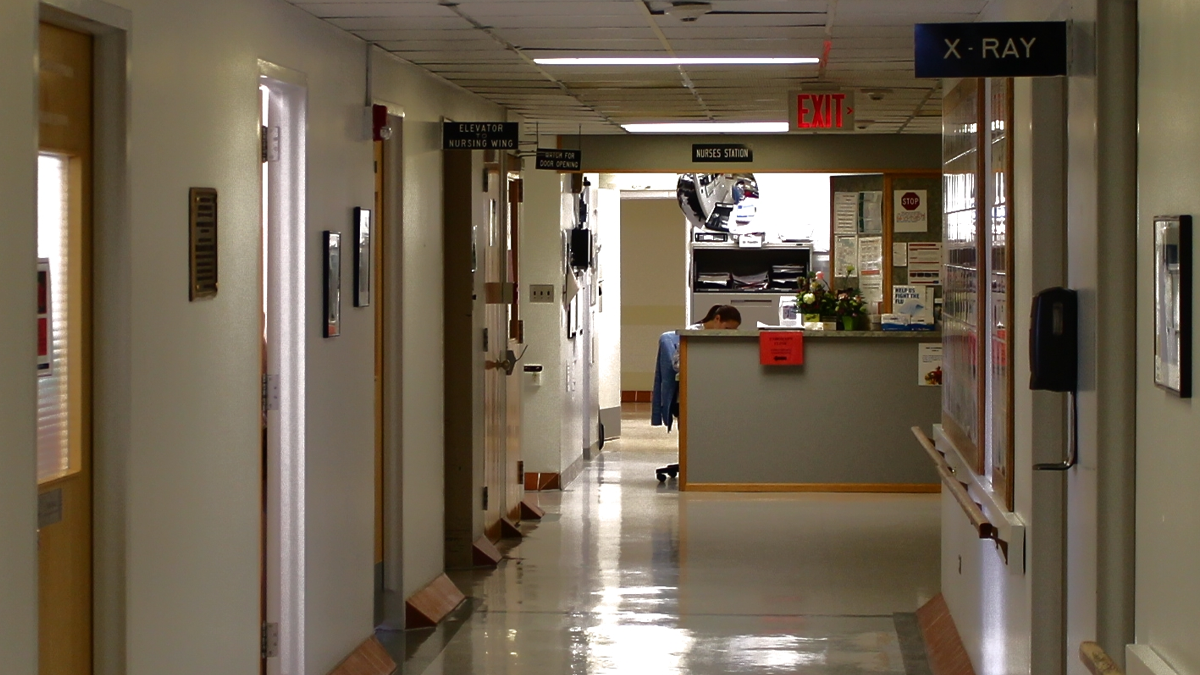Tragic stories of multiyear waits for patients are now a Canadian news staple. Is it any wonder, therefore, that a new Navigator poll found almost two-thirds of Canadians experienced (either themselves or a family member) unreasonably long for access to health care. The poll also found that 73 per cent of respondents agree the system needs major reform.
This situation shouldn’t surprise anyone. Last year Canadians could expect a 27.7-week delay for non-emergency treatment. Nearly half this time (13.1 weeks) was spent waiting for treatment after seeing a specialist—that’s more than one month longer than what physicians considered reasonable.
And it’s not as though these unreasonable waits are simple inconveniences for patients; they can have serious consequences including continued pain, psychological distress and disability. For many, there are also economic consequences for waiting due to lost productivity or wages (due to difficulty or inability to work) or for Canadians who pay for care in another country.
Canadians are also experiencing longer delays than their European and Australian universal healthcare peers. In 2020, Canadians were the least likely (62 per cent) to report receiving non-emergency surgical treatment in under four weeks compared to Germans (99 per cent) and Australians (72 per cent).
What do they do differently? Put simply, they approach universal care in a different way than we do.
In particular, these countries all have a sizeable and well-integrated private sector that helps deliver universal care including surgical care. For example, in 2021, 45 per cent of hospitals in Germany (a plurality) were private for-profit. And 99 per cent of German hospital beds are accessible to those covered under the country’s mandatory insurance scheme. In Australia, governments regularly contract with private hospitals to provide surgical care, with private facilities handling 41 per cent of all hospital services in 2021/22.
These universal healthcare countries also tend to fund their hospitals differently.
Governments in Canada primarily fund hospitals through “global budgets.” With a fixed budget set at the beginning of the year, this funding method is unconnected to the level of services provided. Consequently, patients are treated as costs to be minimized.
In contrast, hospitals in most European countries and Australia are funded on the basis of their activity. As a result, because they are paid for services they actually deliver, hospitals are incentivized to provide higher volumes of care.
The data are clear. Canadian patients are frustrated with their healthcare system and have an appetite for change. We stand to learn from other countries who maintain their universal coverage while delivering health care faster than in Canada.
Mackenzie Moir is an analyst at the Fraser Institute.




















